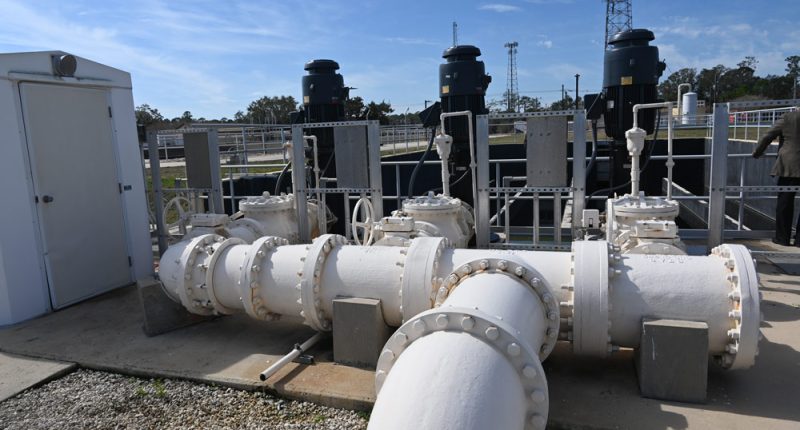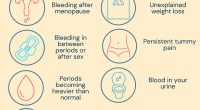
The Palm Coast City Council agreed to scrap plans to charge residents and businesses bank or digital check fees–the ACH autopay system, or ACH debit–when making electronic payments for utility bills and other city-related costs. But the transaction fee applying to credit or debit card transactions will remain.
The city last month announced that it would no longer absorb transaction fees–that all such fees would be included on residents’ and businesses’ bills starting June 1. The City Council had agreed to the shift at a meeting in February. When the council discussed it at the time, the city administration said the city had absorbed $728,000 in fees the previous year. The council would pass those on to residents.
The public responded unhappily.
“A lot of residents utilize ACH and E-check kind of auto pay systems, and so there’s been a ton of feedback,” Council member Ty Miller said, “I think mostly some emails, phone calls, but also a lot of social media about that,” meaning ACH and E-checks. “That’s a primary method of payment that most people are concerned with, and they don’t believe that they should be charged that fee. The difficulty is, because of a third party payment system. They charge that fee. Other places don’t necessarily do that.”
The council doesn’t want to discourage residents’ paperless payments. It directed the administration to at least examine the possibility of not charging residents who pay bills automatically through their bank. (Those who pay by paper check still face no fees. Certain banks offer Bill Pay, most of which eliminate fees. The city would not charge a fee on those transactions, either.)
Interim City Manager Lauren Johnston reported to the council that the city receives about 40 percent of its collections through autopay. Those transactions carry fees totaling $18,000 a month, or $200,000 a year. Of that, $30,000 are ACH fees, for e-checks. (ACH is the acronym for the Automated Clearing House, the network that enables electronic transfers between bank accounts.) These fees are charged for billing out of the utility, solid waste and stormwater departments. All three charges appear in the single, monthly utility bill.
“I think that $200,000 is kind of our trade-off rate,” Miller said. “Instead of going the full $700,000, which is what we had coming in June, we could look at kind of these ones that are the normal avenue for most people to pay. And if we could allow those without a fee, that would make life easier on the residents.” But he was willing to also scrap just the ACH-Autopay fee, if it incentivized people to move to that form of payment.
That’s what the council agreed to do at a meeting last week, absorbing the cost of $30,000 in fees a year.










